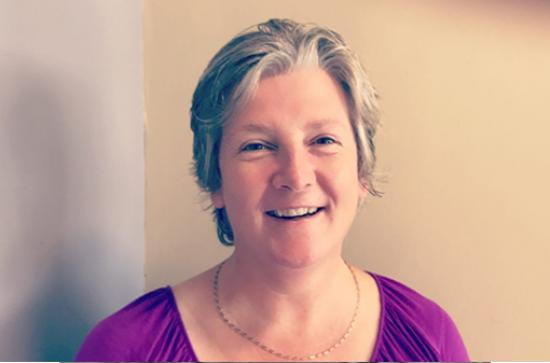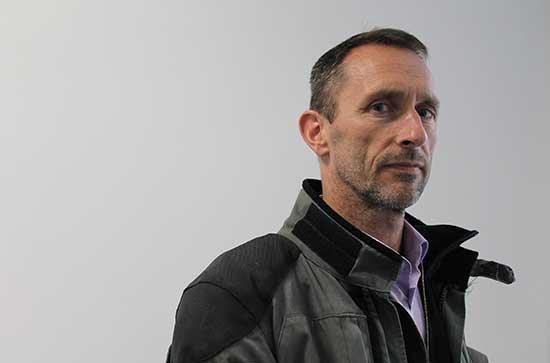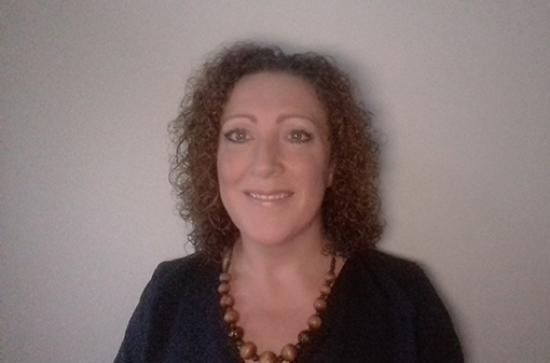Qualification : GLOBAL CITIZENSHIP EDUCATION
Award Type and NFQ level : CERTIFICATE LEVEL 9
CAO/MU Apply code : MH63N
CAO Points :
Closing Date : 30 June 2025
This level-9 programme offers a specialised learning experience in global citizenship education (GCE) for practitioners.
It is designed for educators and others working with learners at all levels (from early childhood to youth, in adult and community education, and in schools). These include teachers in primary and secondary schools as well as community, adult and youth workers and educators, GCE facilitators and those working with NGOs and development agencies. As such, it is being led by the Department of International Development, with participation and modules offered by the Departments of Education, Adult and Community Education, Froebel Department of Primary and Early Childhood Education, and Applied Social Studies at Maynooth.
It is a one-year, part-time, 20 credit postgraduate programme. It is specifically for those who are involved in or interested in global citizenship, development and human rights education, in anti-racism and intercultural education, as well as in education for sustainable development. Participants will complete one compulsory module in Contemporary Global Development Challenges, Issues and Responses and will select two elective modules from a range of specialist options.
This certificate will support participants to develop their knowledge, understanding and skills in this area. As such, participants will learn more about contemporary global development challenges (and what can be done about them), about whats involved in global citizenship, and about how to engage learners in making local-global connections in relation to the challenging issues of our time.
Applicants must have a recognised primary degree which is considered equivalent to Irish university primary degree level or relevant experience which can be recognised as equivalent prior learning.
Applicants must have an interest in or engagement with global education in an education or work context.
Minimum English language requirements: please visit Maynooth University International Office website for information about English language tests accepted and required scores. The requirements specified are applicable for both EU and non- EU applicants.
National University of Ireland Maynooths TOEFL code is 8850

Academic
The Certificate in Global Citizenship Education supports understanding, skills and practice-related aspects of GCE critical pedagogy, educational leadership, policy and action.
It involves one compulsory 10-credit module on contemporary global development challenges, issues and responses.
It allows participants to choose the other 10 credits from a selection of 5-credit modules delivered by the different departments involved, each of which is designed to address different theory and practical dimensions of practising GCE with learners.
Modules are timetabled to suit those who are working full-time during regular working hours, i.e., on campus on Saturdays, in the evenings or during holidays, with some online dimensions. Modules involve 24 contact hours with continuous assessment designed to reflect the learning outcomes, credit weighting and reflective nature of the modules. Due to the process and experiential nature of the pedagogies applied in this programme, there is a minimum attendance requirement of 80%.
Online application only. To make an application please click here.
To apply for your chosen postgraduate study at Maynooth University, please ensure you have the following documents to make an application:
- Evidence of your primary degree
- Academic transcripts
- A copy of your passport
- A personal statement
- An academic letter of recommendation
- A professional letter of recommendation
Applicants for whom English is not their first language are required to demonstrate their proficiency in English in order to benefit fully from their course of study. For information about English language tests accepted and required scores, please see here. The requirements specified are applicable for both EU and International applicants






